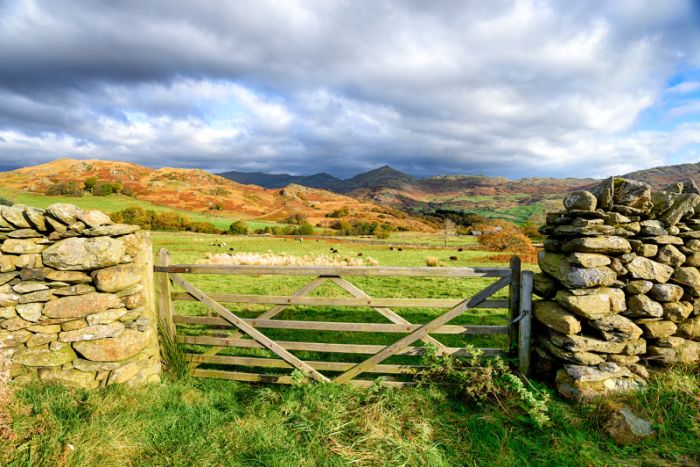
A new survey shows an increase in landowner confidence to invest in rural enterprises but a decrease in commitment to invest in farming related businesses.
The survey of landowners across the UK shows increased confidence and commitment to invest in rural business, despite escalating uncertainty.
Twenty-five percent felt more optimistic about their business prospects now than at the start of 2019, according to an annual survey by rural diversification experts Rural Solutions (RSL).
While the results reflect a decline in investment in farming enterprises overall, it illustrates a more positive attitude than in 2018 in terms of access to capital, labour and profit potential in rural business.
Two-thirds plan to invest in a diversified enterprise and over 85% anticipate retained or increased income.
Compared to 22% last year, however, none of the respondents plan to diversify within farming.
Fewer than 4% are planning to start or expand a lease for agriculture. There was also a 10% decrease in plans to invest in further acreage.
William Fry, of RSL, said the survey identifies that land-based businesses are seeing the current uncertainty as a catalyst for action.
“Enterprising, forward-looking landowners are committing to reshaping and repositioning their business to give it the best chance of thriving in a new era,” he said.
“Paradoxically, the greater the unknowns, the greater the confidence to take matters into their own hands. They have had time to digest that we are living in precarious times and they are not willing to rest on their laurels any longer.
“They have priced in the Brexit risk - they know agricultural support payments are on the decline, that attitudes to tenancy agreements, public good and planning consent may change – and they are ready to shift from a farming focus towards diversification trends in order to maintain profits.”
More than half of respondents (56%), which represent over 250,000ha of England, Scotland and Wale, believe it is a good time to be investing in a rural business.
A further 11% have committed to capital projects over the next 12 months to deliver alternative revenue sources.
Investment plans are weighted towards the growing appreciation for the countryside’s role in work and wellbeing,.
Forty-seven percent of plans are looking to invest in commercial space, 40% in self-catering accommodation, 38% in residential lettings and 36% in events including festivals and weddings.
“Some of the top trends developing are health and well-being, co-working space, off-grid holiday retreats firmly plugged into mindfulness and more sophisticated rural visitor attractions,” added Mr Fry.
“These need to be in the right location and right environment to have long-term success. It’s more than just thinking 'let’s start a farm shop'.
“It’s important to build a self-sufficient sustainable business that has commercial appeal and longevity.
“You need to look at the current business, the skills and assets already in the business, and what would complement and sustain these into a profitable future.”
Investment in existing renewable energy was down. However, 21% plan to invest in new renewable energy sources.
As grant funding becomes a more distant expectation, a change in attitude to the cost of – and access to - capital, was apparent, with less than 5% considering this an issue.
Most (73%) will use bank finance combined with reinvestment from the business to support investment, compared to a much more blended funding package in the past of personal investment, sales to generate capital and grant funding.
More than a third anticipate positive growth in profit in the next 12 months, with a minority of 13% concerned that it would actively decline.
James Thompson, who runs the Sansaw estate in Shropshire, said: “Whatever happens in the greater political and economic arena, it’s up to us to assert some control over the sustainability of our business.
“As landowners across the UK, we need to invest in growth and in jobs in the countryside, maximise on the natural capital and work with experts like Rural Solutions for long- term traction.”
With the opinion that landowners in the countryside take a more long-term view of return from land, RSL predicts that the commitment to act now on their own terms will ensure these businesses are fit for an uncertain future.
